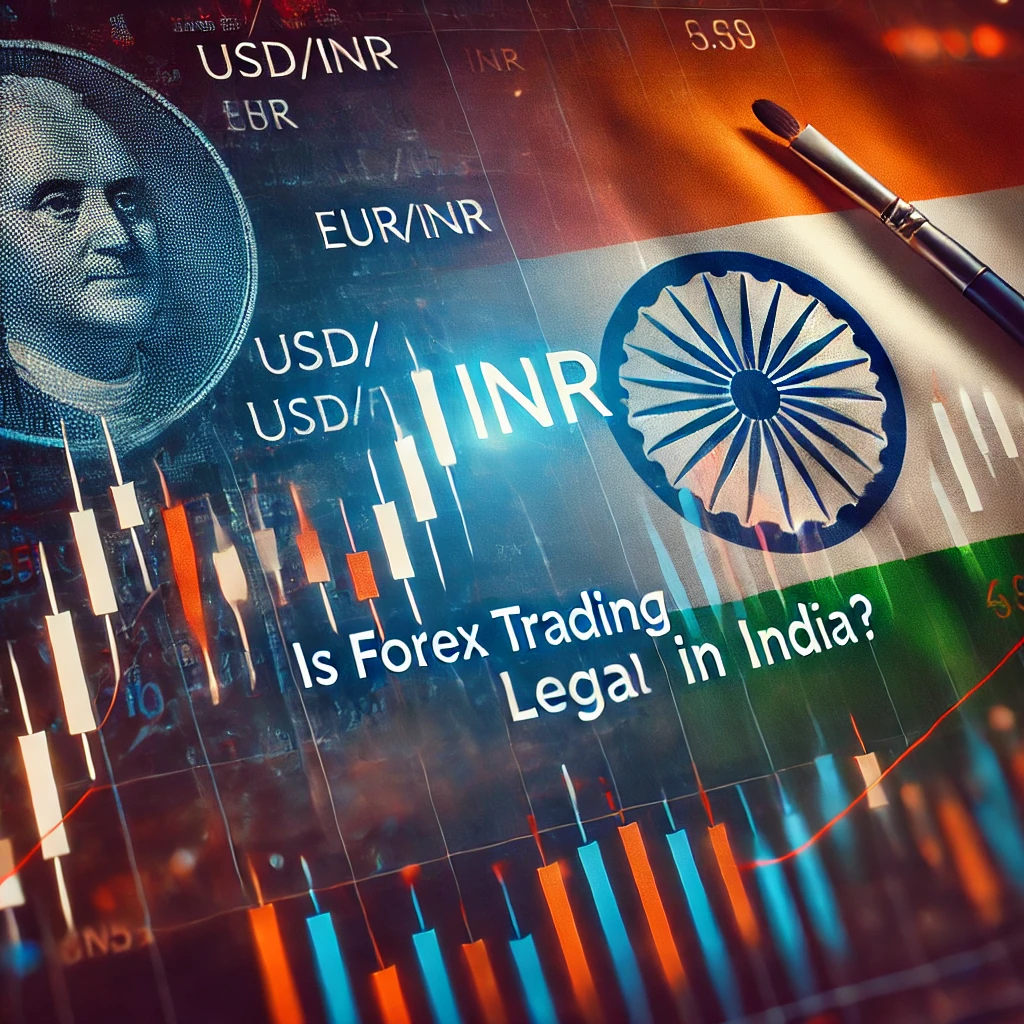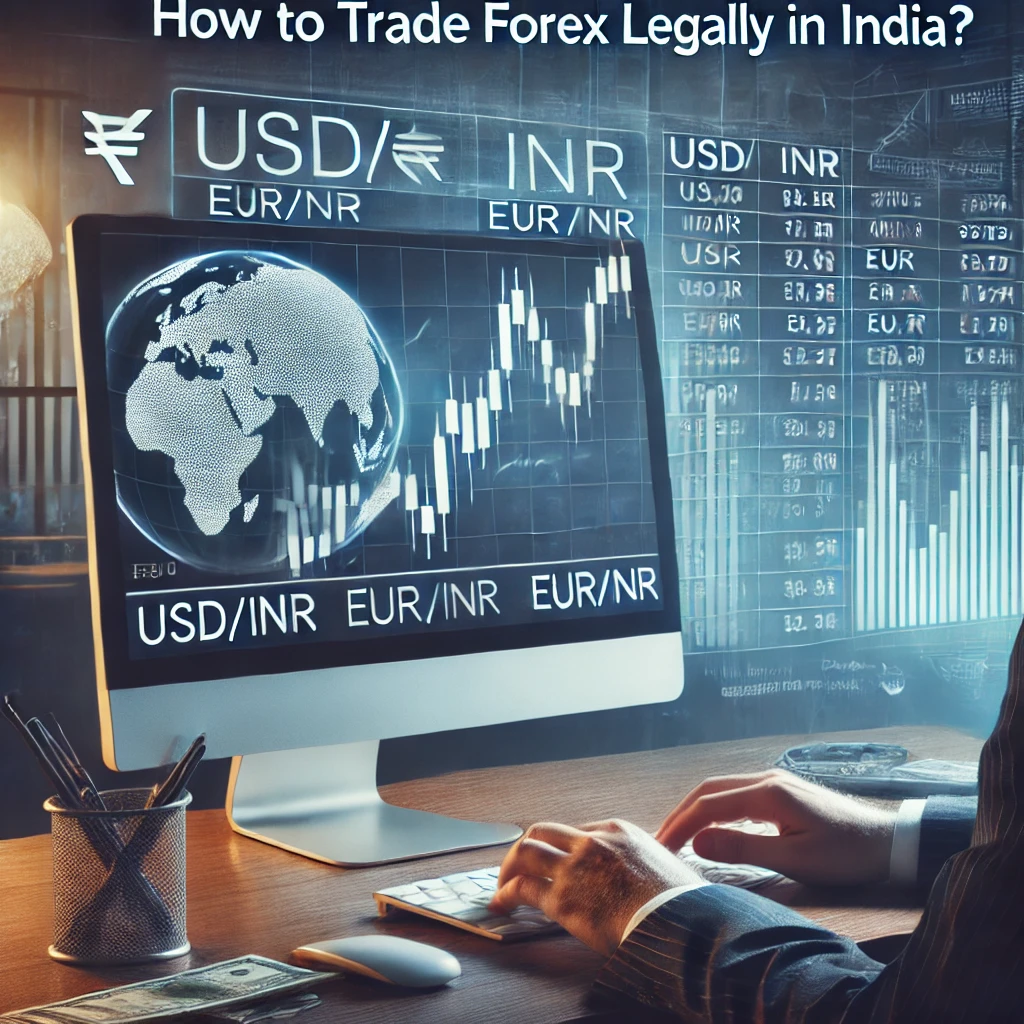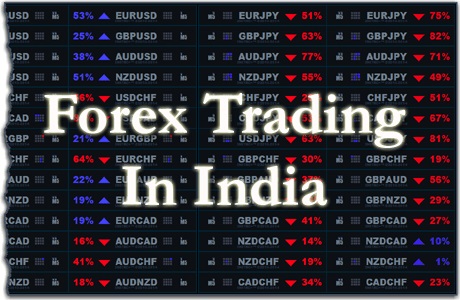Introduction
Forex trading, also known as foreign exchange trading, is a global financial activity that involves buying and selling currencies to profit from their price movements. It is the largest financial market in the world, with daily trading volumes exceeding $7.5 trillion. However, despite its popularity worldwide, forex trading regulations vary from country to country.Is Forex Trading Allowed In India?
India, with its strict financial regulations, has a unique stance on forex trading. If you are an Indian investor interested in forex trading, it is crucial to understand the legal aspects, restrictions, and opportunities available. Why do some people complain about forex brokers? Are all forex brokers bad or do some have higher spreads and commissions than others?
Is Forex Trading Legal in India?
Yes, forex trading is legal in India(1), but it comes with certain restrictions. The Reserve Bank of India (RBI) and the Securities and Exchange Board of India (SEBI) regulate forex trading(2) under the Foreign Exchange Management Act (FEMA), 1999. The primary goal of these regulations is to prevent excessive speculation and financial risks that could impact India’s economy.Is Forex Trading Allowed In India?

The key aspects of forex trading regulations in India include:
- Trading is Allowed Only on Recognized Exchanges: Forex trading is permitted only through Indian stock exchanges such as National Stock Exchange (NSE), Bombay Stock Exchange (BSE), and Metropolitan Stock Exchange (MSEI).
- Permitted Currency Pairs: Indian traders can only trade currency pairs that include the Indian Rupee (INR). The permitted pairs are USD/INR, EUR/INR, GBP/INR, and JPY/INR.
- Restricted OTC Forex Trading(3): Over-the-counter (OTC) forex trading through international brokers is illegal in India. Trading through platforms that are not registered with Indian exchanges is considered a violation of FEMA.

Why Are Forex Trading Restrictions in Place?
The Indian government has imposed forex trading restrictions for several reasons:
1. Protecting the Indian Economy
Forex trading involves high leverage and speculative risks. Unregulated forex trading(4) can lead to huge financial losses for individuals and impact the country’s foreign exchange reserves.
2. Preventing Money Laundering
Unauthorized forex trading platforms can be used for money laundering activities. By allowing forex trading only through regulated Indian exchanges, authorities can track financial transactions and ensure compliance with anti-money laundering laws.
3. Avoiding Foreign Exchange Fluctuations
Excessive forex speculation can cause currency value fluctuations, which may negatively impact India’s trade and economic stability. Restrictions on forex trading help prevent excessive volatility in the forex market(5).
How to Trade Forex Legally in India?
If you wish to engage in forex trading legally in India, you must follow the guidelines set by SEBI and RBI. Here are the key steps to trade forex legally:

1. Open a Forex Trading Account with an Indian Broker
To trade forex, you need to register with an SEBI-regulated broker that offers currency derivatives on NSE, BSE, or MSEI. Some popular brokers in India include:
- Zerodha
- Angel One
- ICICI Direct
- HDFC Securities
2. Trade Only Permitted Currency Pairs
As mentioned earlier, you can only trade INR-based currency pairs. Ensure that your broker provides access to legal currency derivatives.
3. Use SEBI-Regulated Trading Platforms
Forex trading should only be conducted through authorized trading platforms like NSE NOW, BSE Bolt, and ODIN. Avoid trading on offshore platforms that are not regulated by SEBI.
4. Comply with Leverage Limits
SEBI has set limits on leverage in forex trading to reduce risks. Traders should adhere to these leverage restrictions to ensure safe and responsible trading.
Risks of Illegal Forex Trading in India
Many traders are tempted to open accounts with international brokers that offer higher leverage and access to a wider range of currency pairs. However, trading through unauthorized platforms is illegal and comes with serious risks:

1. Legal Consequences
Trading forex through unregulated platforms violates FEMA laws. If caught, traders can face hefty penalties, including fines and even imprisonment.
2. Fund Withdrawal Issues
Many offshore brokers operate without proper regulations. Indian traders who deposit money with such brokers may face difficulties in withdrawing their funds.
3. Risk of Scams
Unregulated forex brokers often engage in fraudulent activities, such as price manipulation and hidden charges. Since these brokers are not under SEBI’s jurisdiction, traders have no legal recourse in case of disputes.
4. Tax Implications
Illegal forex trading may lead to tax complications. Since transactions are not monitored by Indian regulators, profits from unauthorized trading might not be reported, leading to tax evasion penalties.
Is Forex Trading Profitable in India?
Yes, forex trading can be profitable, but it requires knowledge, strategy, and discipline. Successful traders rely on market analysis, risk management techniques, and proper trading strategies to earn consistent profits.
Here are some tips to enhance your forex trading success:
- Learn Technical and Fundamental Analysis – Understand price charts, trends, and economic indicators that impact currency movements.
- Use Stop-Loss Orders – Always set stop-loss levels to minimize potential losses in case the market moves against your trade.
- Avoid Over-Leveraging – High leverage can amplify losses. Stick to SEBI’s leverage limits for safe trading.
- Stay Updated with Economic News – Global economic events and RBI policies can impact currency prices. Follow financial news to make informed trading decisions.
- Practice with a Demo Account – Before risking real money, practice forex trading with a demo account to gain experience.
Future of Forex Trading in India
The Indian forex market is gradually evolving, and regulatory authorities are continuously monitoring global trends. There is a possibility that more currency pairs may be introduced in the future, allowing traders to expand their opportunities. However, for now, it is crucial to follow the existing guidelines to ensure safe and legal forex trading in India.
With advancements in financial technology and growing interest in forex trading, SEBI and RBI may introduce new reforms that provide more flexibility while maintaining financial stability.Is Forex Trading Allowed In India?
Conclusion
Forex trading is legal in India, but with specific restrictions. Indian traders can only trade currency derivatives on SEBI-regulated exchanges with INR-based currency pairs. Trading forex through unauthorized international brokers is illegal and risky.
To trade safely, always choose SEBI-registered brokers, adhere to FEMA guidelines, and practice responsible trading strategies. By following the rules, you can participate in the forex market legally and profitably.
FAQs
Is forex trading legal in India?
Yes, but only through
SEBI-regulated exchanges like NSE, BSE, and MCX-SX.
Which currency pairs can I trade in India?
You can trade INR
pairs (USD/INR, EUR/INR, GBP/INR, JPY/INR) and select cross-currency pairs.
Can I trade forex with international brokers?
No, trading with
foreign brokers is illegal under FEMA regulations.
What happens if I trade forex on unauthorized platforms?
It is
a punishable offense and can lead to penalties from RBI or SEBI.
Which Indian authorities regulate forex trading?
The Reserve
Bank of India (RBI) and the Securities and Exchange Board of India (SEBI).


